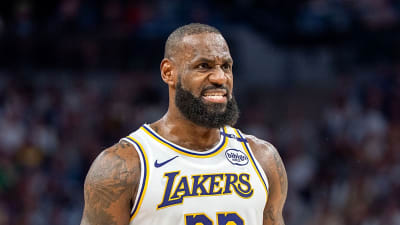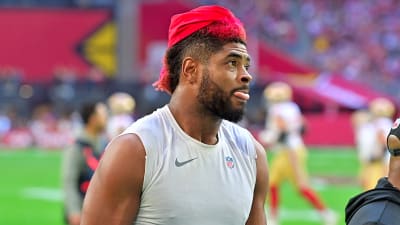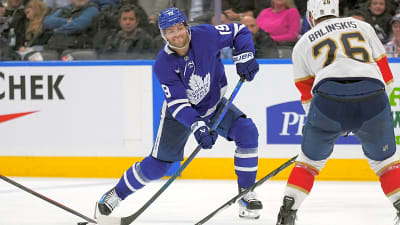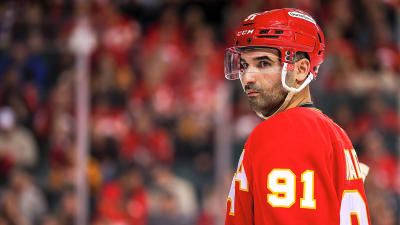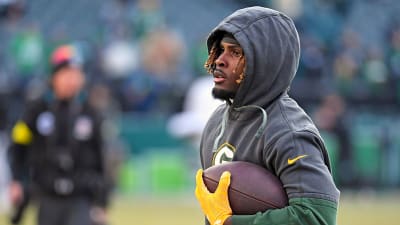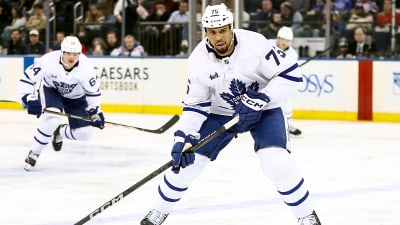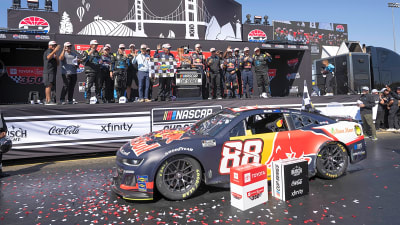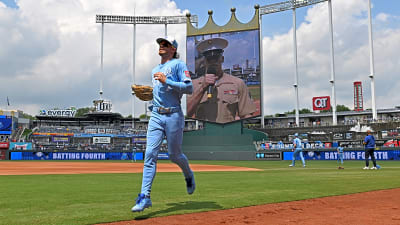
The All-Star Game is an annual competition between the best stars of the Eastern and Western Conferences, dating back to 1951. Over the years, it has changed in terms of duration, scoring, and team composition, but one thing has remained the same: the best players of the current season get to showcase their talents in front of fans in a slightly different setting.
However, in the case of the 1992 All-Star Game, an interesting situation occurred when Magic Johnson was voted in by the fans as a guard for the West. This would have been great and nothing out of the ordinary if Magic hadn't retired before the start of the 1991-92 season after contracting HIV and hadn't played a single game that campaign.
The situation was further complicated by the fact that, at that time, the "infamous disease" was heavily stigmatized in society, and some players refused to accept the Los Angeles Lakers star back on the court. Putting even more pressure on those in charge of it.
"Obviously, we loved Magic, but a lot of guys were thinking or saying, 'Magic's had a great run. Let the guys who deserve to be in the game be in the game.' Some guys came out and said, 'I don't want to play against the guy if I have a chance to get sick.' I'm not going to name any names," the Western Conference starting guard Clyde Drexler stated. "I was the first person to say, 'There is a lot of ignorance around here. Talk to any doctor, and they will tell you that you can't contract it that way.'"
A lot of uncertainty around the disease
On the flip side, the late Commissioner David Stern was vocal in advocating Johnson's return to this annual exhibition game. Stern also admitted that he faced an internal crisis within his closest team regarding the decision that followed.
"We were under fire from many of our own people, but the public didn't need to know that," Stern wrote in his book "When the Game Was Ours."
There was a lot of uncertainty surrounding the disease; it was only known that it was related to AIDS and considered fatal. Additionally, HIV was frequently associated with homosexuals and drug users, leading to the belief that as long as you didn't associate with such groups, you couldn't contract it. The mere fact that an infected person, and of such superstar caliber, was among them was unsettling for everyone, as Drexler admitted.
The first-time All-Star selectee from the Atlanta Hawks, Kevin Willis, also shared his perspective on the situation.
"I wasn't fearful. You run into people every day that have the disease and you don't know it. Some guys were fearful of hitting him and some freak accident happening and then all of a sudden blood is everywhere. That was some players' fear, but an All-Star Game is not as intense as a regular-season game," the 7-footer said.
Magic got the green light
In the end, the faction that wanted to see the Lakers maestro on the court one more time prevailed, with the main proponents being the aforementioned Commissioner Stern and Isiah Thomas. Alongside Larry Bird, the biggest rival of the Purple and Gold but also Magic individually demonstrated that being around and playing with an HIV-positive person was not dangerous after all, and that decision changed the outlook of both players and the rest of the world on this notorious condition.
"At that time, I was president of the Player's Association, so I called a special meeting where I told everyone that not only was Magic going to play, but also we were all going to line up and embrace him," the Detroit Pistons legend explained.
Given that, at the time, even "Zeke's" brother was HIV-positive, the Pistons guard knew very well how it worked and understood that such a thing could not be transmitted through touching, so he tried to make this clear to his All-Star teammates.
A fitting ending for Magic
After all the drama surrounding the participation of the retired star, the West All-Stars defeated their Eastern counterparts 153-113, setting a new record for the largest margin of victory in the process.
Johnson silenced all critics, at least for a moment, as he led all players in the contest with 25 points and was given the MVP award. It was a fitting tribute to one of the game's most legendary players. As Magic drained the last three-pointer in the game with 14.5 seconds to go on the clock, all the players were rushing to give the 6'9" playmaker very emphatic high-fives, and one of those who even hugged him was none other than Isiah.
It was a fitting gesture that, at least for a moment, showed everyone that HIV was present but far from the demonized perception it had.
Stern's decision "not only changed the basketball players' minds, it changed the world," Johnson told BBC's Katty Kay in an interview.
More must-reads:
- Grading the top eight draft picks in NBA Summer League
- Former teammate shares why playing with LeBron James 'sucks'
- The 'Most points in a game by NBA team in 2024-25' quiz
Breaking News
Trending News
Customize Your Newsletter
 +
+
Get the latest news and rumors, customized to your favorite sports and teams. Emailed daily. Always free!
